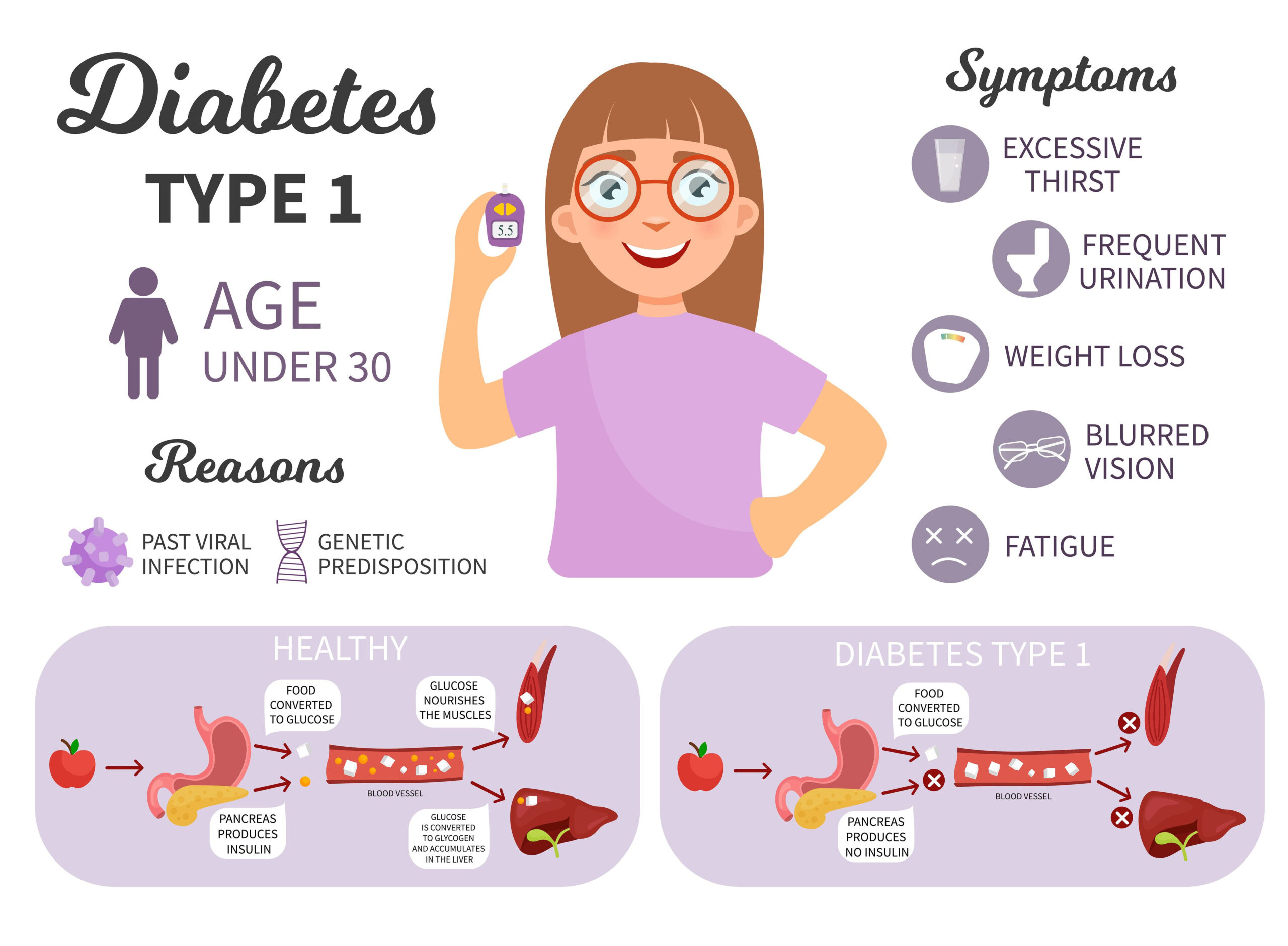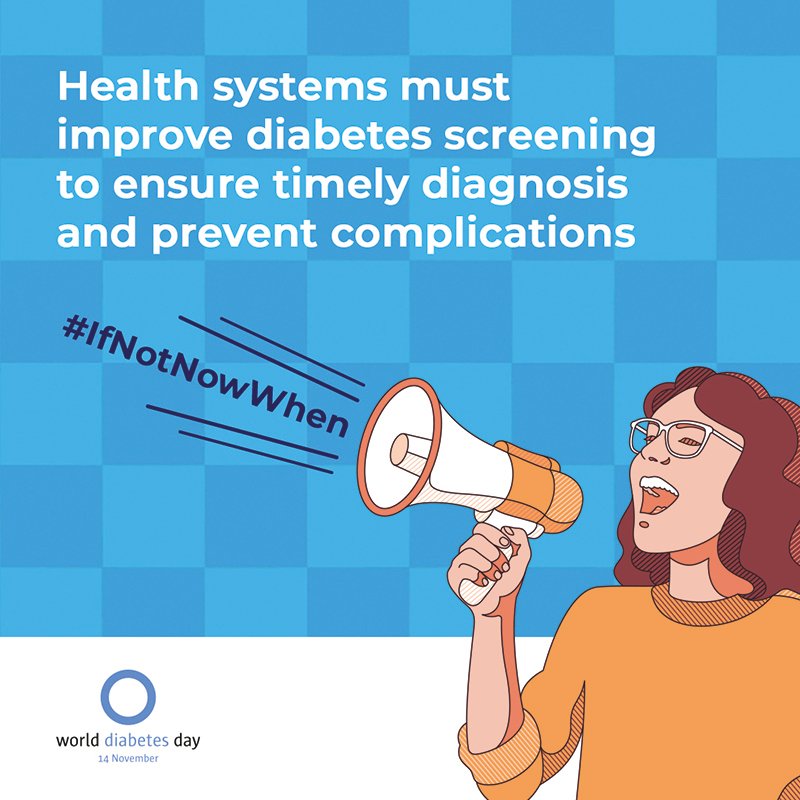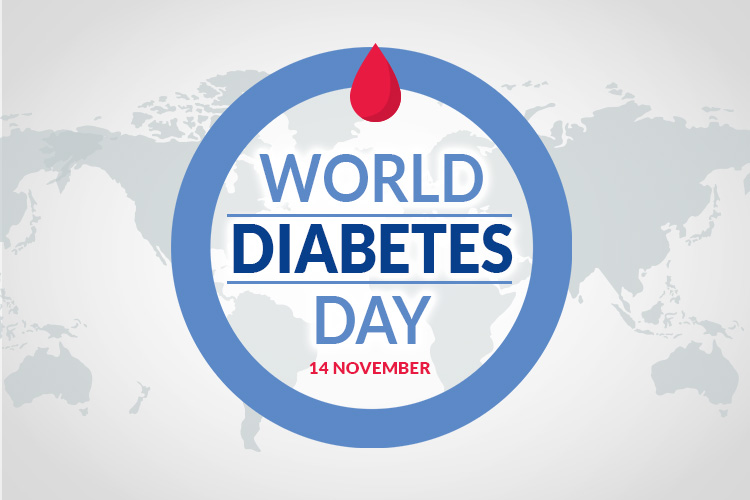Introduction
Today, World Diabetes Day is observed to promote awareness and education surrounding diabetes, a condition affecting millions worldwide. Let’s uncover the essence of this day and its importance to global health.
What is World Diabetes Day?
World Diabetes Day, marked every November 14th, unites the global community in the fight against diabetes, offering a platform to highlight the risks and promote effective management of the disease.
The significance of World Diabetes Day
This observance is crucial; it not only spreads knowledge about diabetes—it also advocates for better treatment and preventive measures, aiming to reduce the impact of diabetes globally.

Understanding Diabetes
World Diabetes Day plays a pivotal role in enlightening individuals on diabetes, a condition with various forms that requires distinct approaches in management and care.
Types of Diabetes
Typically, there are two primary types of diabetes: Type 1, where the body fails to produce insulin, and Type 2, characterized by the body’s inability to use insulin effectively. Both types necessitate awareness and personalized treatment plans.
Causes and Risk Factors of Diabetes
While the exact cause of Type 1 diabetes is unknown, Type 2 diabetes is often associated with factors like obesity, lack of exercise, and genetic predisposition. Understanding these can help in prevention and control.

Diabetes Prevention and Management
World Diabetes Day also foregrounds the importance of prevention through healthy lifestyle choices. By emphasizing the role of diet and physical activity, the day encourages people to adopt habits that can thwart the development of Type 2 diabetes. Moreover, it serves as a reminder for those with diabetes to engage in regular exercise, helping them manage the condition more effectively and maintain general well-being.
Healthy lifestyle choices
Importance of regular exercise

Diabetes Symptoms and Diagnosis
Continuing the conversation about World Diabetes Day, it is imperative to highlight its role in raising awareness about the symptoms and the crucial steps needed for early diagnosis of diabetes. The day shines a light not only on preventive measures but also educates the public about recognizing signs and emphasizes the necessity of medical testing for an accurate diagnosis.
Common symptoms of diabetes
Diabetes often goes undiagnosed because many of its symptoms seem so harmless. Early detection of diabetes symptoms and treatment can decrease the risk of developing complications. Some common signs include frequent urination, excessive thirst, extreme hunger, unusual weight loss, increased fatigue, irritability, and blurry vision. If you notice any of these symptoms, it’s important to consult a healthcare professional.
Diagnostic tests for diabetes
Diagnosing diabetes involves a series of tests that measure blood sugar levels. The most common diagnostic tests include the fasting plasma glucose test, which measures blood sugar on an empty stomach, and the A1C test, which provides the average level of blood sugar over the past three months. Other tests, like the oral glucose tolerance test, may be used in specific circumstances or for additional clarity in results.

Diabetes Treatment Options
World Diabetes Day plays a pivotal role in shedding light on the myriad of diabetes treatment options available. This day emphasizes the routes people can take to manage their condition effectively. The focus is on both maintaining a healthy lifestyle and depending on cutting-edge medical treatments for those living with diabetes.
Medications for diabetes
The treatment landscape for diabetes includes a variety of medications designed to help control blood sugar levels. Metformin, a first-line medication, can lower glucose production in the liver and increase insulin sensitivity. Other oral or injectable medicines work in different ways to help manage blood sugar levels in type 2 diabetes patients.
Insulin therapy
For people with type 1 diabetes and some with type 2, insulin therapy is essential. Insulin must be injected or delivered through an insulin pump, mimicking the body’s natural release of insulin. The type and amount of insulin are tailored to each individual’s needs and can vary throughout the day.

Diabetes Complications
World Diabetes Day also sheds light on the long-term complications associated with diabetes if it’s not effectively managed. This global awareness campaign underscores the critical need for proper diabetes care, which includes monitoring for potential complications such as heart disease, kidney damage, neuropathy, and eye problems, among others. It’s a day for acknowledging the challenges and advocating for advanced treatments and preventive measures.
Long-term complications of diabetes
Uncontrolled diabetes can lead to severe health issues over time, affecting various organs and systems in the body. This underscores the importance of routine check-ups and maintaining good glycemic control to prevent or delay these complications.
How to prevent diabetes-related complications
Maintaining a balanced diet, engaging in regular exercise, and adhering to prescribed medication regimens are pivotal in preventing diabetes-related complications. Additionally, education and awareness are crucial for early detection and treatment.

Conclusion
Summary of World Diabetes Day
World Diabetes Day serves as an annual beacon of knowledge, uniting individuals and healthcare professionals in a quest to combat diabetes. By spreading awareness and sharing resources on this day, the global community takes a step towards diminishing the prevalence of this condition and its associated health complications.

